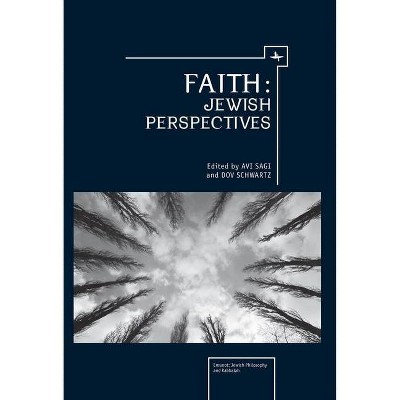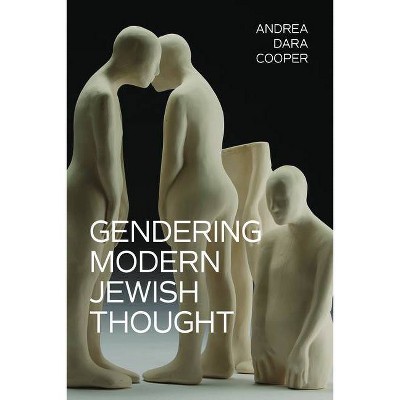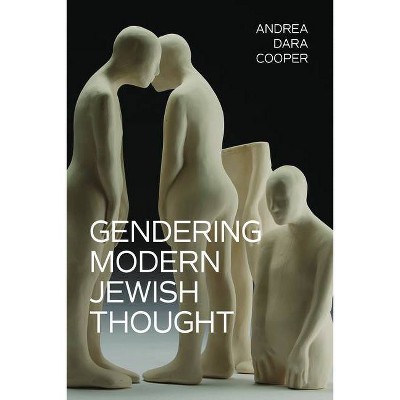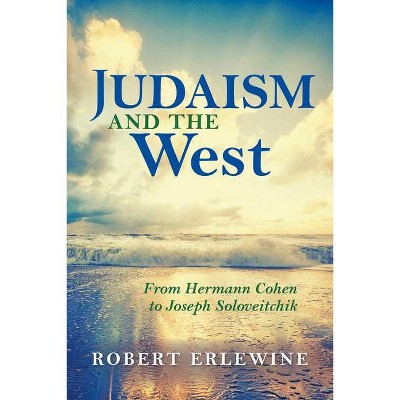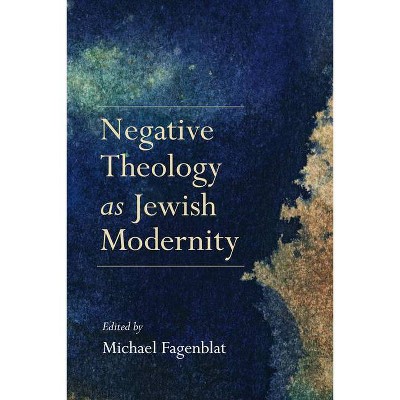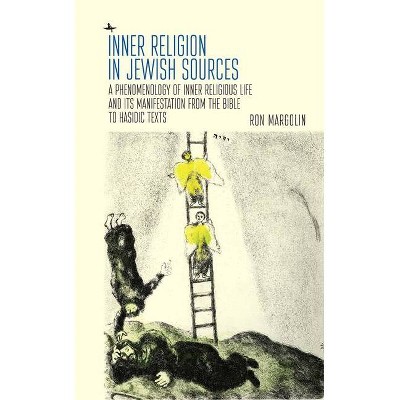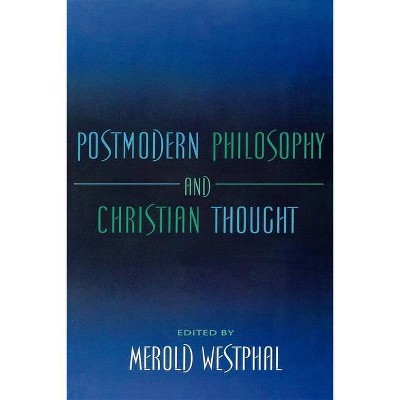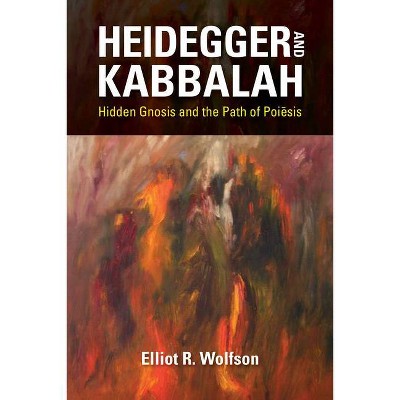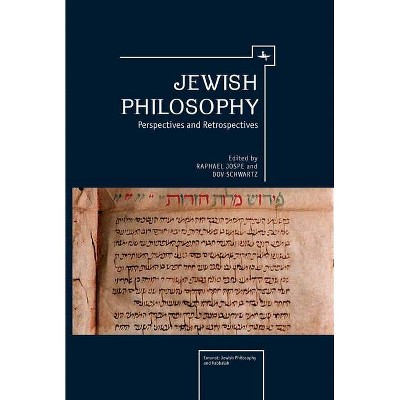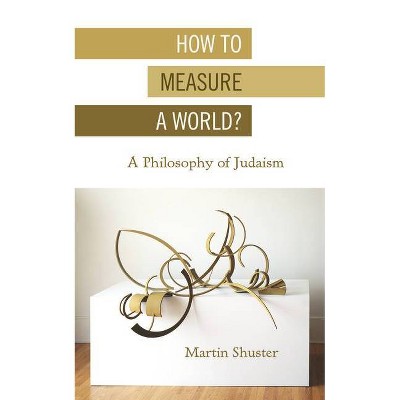Morality and Religion - (Jewish Thought and Philosophy) by Avi Sagi (Hardcover)
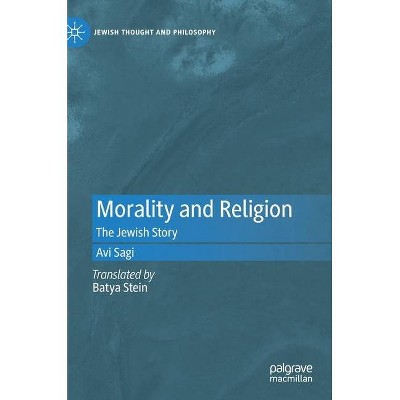
Similar Products
Products of same category from the store
AllProduct info
<p/><br></br><p><b> Book Synopsis </b></p></br></br>1. Introduction Part I Morality's Dependence on Religion in Jewish Tradition2. Between the Duty of Obedience and the Thesis of Dependence3. DCM in Rabbinic Literature 4. DCM in Jewish Thought 5. The Autonomous Perspective in Jewish Thought Part II The Autonomous Perspective in Halakhah6. R. Israel Moses Hazan: Particularism and Universalism7. R. Shimon Shkop: Religious Commands and Legal Obligations8. R. Ben-Zion Meir Hai Uziel: Exclusivity and Moral AutonomyPart III The Conflict Between Morality and Religion9. "You Are Called Men" Between Jew and Gentile10. "He Slew the Egyptian" On Moses' Act and Morality 11. "Her Ways Are Ways of Pleasantness" Uprooting a Torah Law 12. The <i>Akedah</i> in Jewish TraditionPart IV Theoretical Foundations13. Halakhah and the Dependence Thesis 14. Concluding Reflections<p/><br></br><p><b> From the Back Cover </b></p></br></br>The relationship between morality and religion has long been controversial, familiar in its formulation as Euthyphro's dilemma: Is an act right because God commanded it or did God command it because it is right. In <i>Morality and Religion: The Jewish Story</i>, renowned scholar Avi Sagi marshals the breadth of philosophical and hermeneutical tools to examine this relationship in Judaism from two perspectives. The first considers whether Judaism adopted a thesis widespread in other monotheistic religions known as 'divine command morality, ' making morality contingent on God's command. The second deals with the ways Jewish tradition grapples with conflicts between religious and moral obligations. After examining a broad spectrum of Jewish sources--including Talmudic literature, Halakhah, Aggadah, Jewish philosophy, and liturgy--Sagi concludes that mainstream Jewish tradition consistently refrains from attempts to endorse divine command morality or resolve conflicts by invoking a divine command. Rather, the central strand in Judaism perceives God and humans as inhabiting the same moral community and bound by the same moral obligations. When conflicts emerge between moral and religious instructions, Jewish tradition interprets religious norms so that they ultimately pass the moral test. This mainstream voice is anchored in the meaning of Jewish law, which is founded on human autonomy and rationality, and in the relationship with God that is assumed in this tradition.<p/><br></br><p><b> About the Author </b></p></br></br><b>Avi Sagi</b> is Professor of Philosophy and founder of the Interdisciplinary Graduate Program in Hermeneutics and Cultural Studies at Bar-Ilan University, Israel. He is Senior Research Fellow at the Shalom Hartman Institute, Israel.
Price History
Price Archive shows prices from various stores, lets you see history and find the cheapest. There is no actual sale on the website. For all support, inquiry and suggestion messages communication@pricearchive.us
